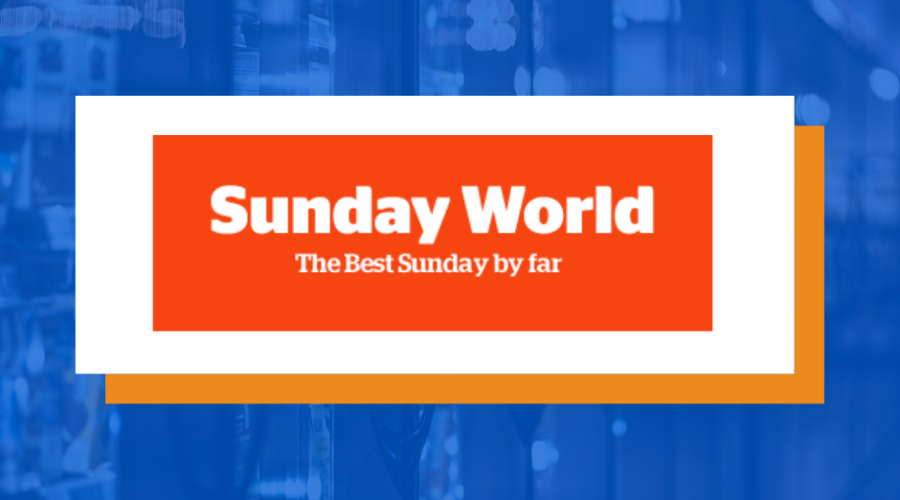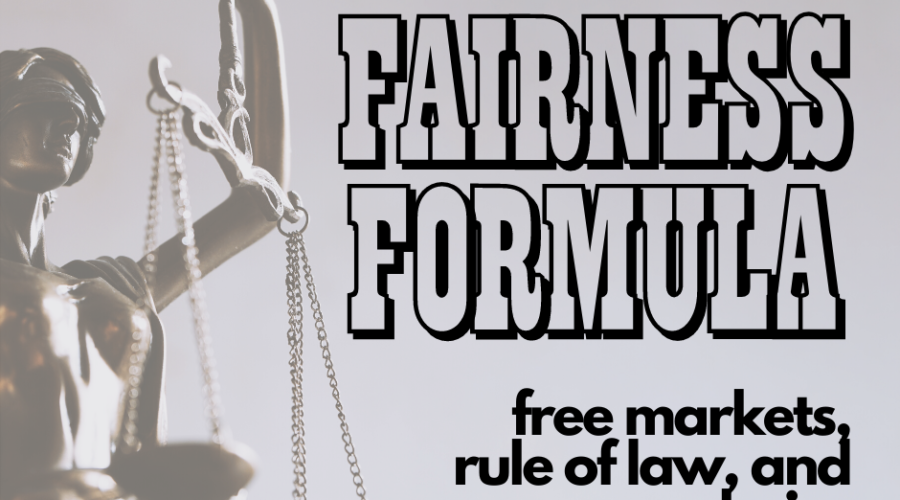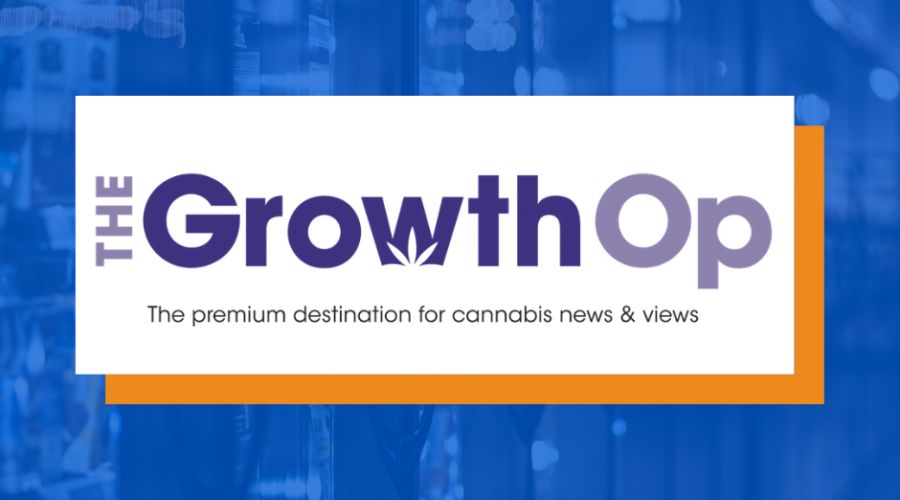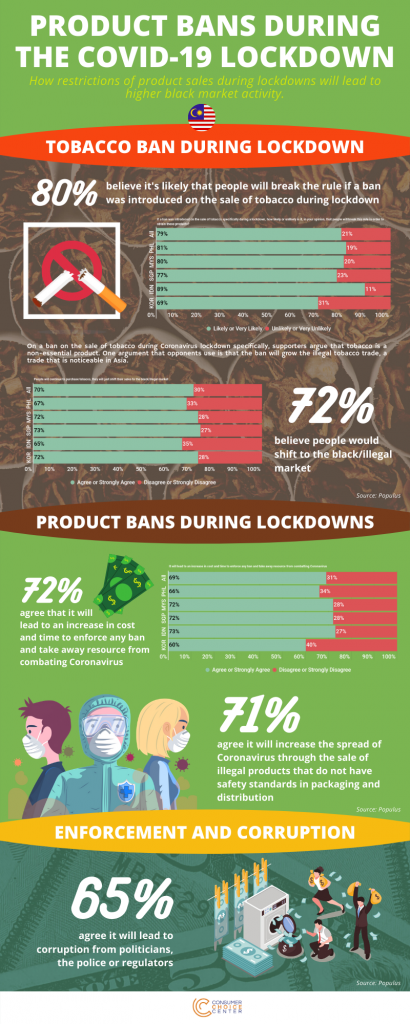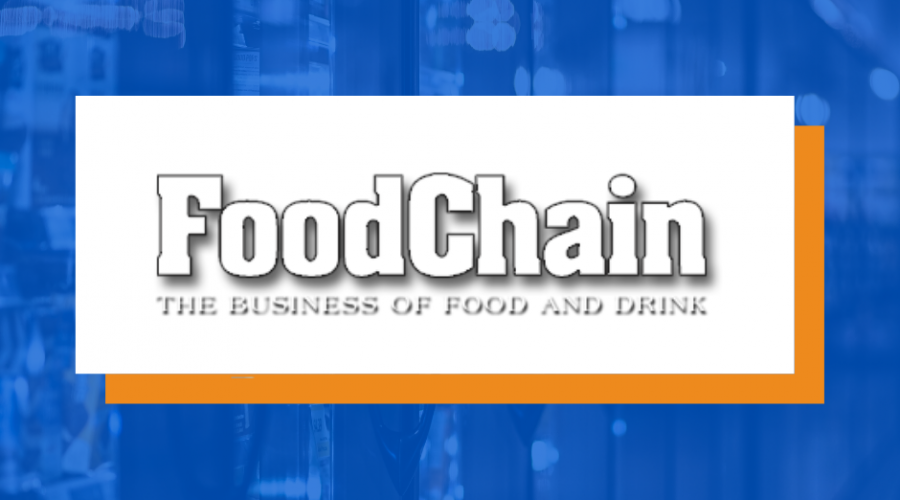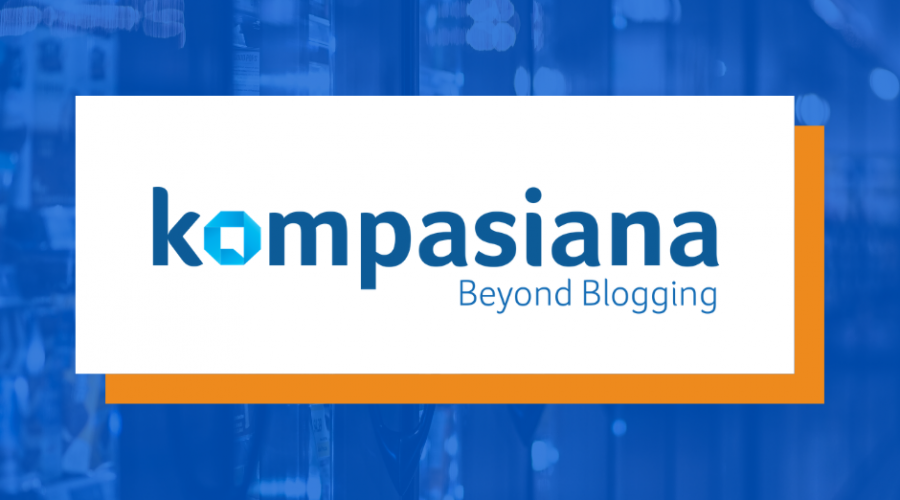Bitter taste of alcohol ban
Bitter taste of alcohol ban
Fitch Solutions expects South Africa’s alcohol industry to contract more than 5% following months on the ban on the sale of alcohol during COVID-19 lockdown regulations.
Fitch said its revised alcoholic drinks consumption forecast for 2020 takes into account the impact of COVID-19 measures on both the supply and demand side in order to better understand consumption habits.
“We now forecast total alcoholic drinks consumption to contract by -5.4% year on year in 2020, down from our pre-COVID-19 forecast of 0.7% year on year. This expectation stems from the fact that the more affordable beer category will be attractive to consumers as the economic impact of COVID-19 hits households, with pay cuts and uncertainty around job security a likely outcome of the pandemic,” the consultancy said in a report.
“Furthermore, we expect consumers to purchase a larger proportion of their alcoholic drinks through the mass grocery retail channel and taverns for home consumption due to the residual fear of contracting the virus in public areas.”
The government earlier this month announced that it is lifting the ban on the sale of alcohol with limitations as the country entered in to level two of the nationwide lockdown from August 18. The new measures follow government’s decision to ban the sale of alcohol through both on-trade and off -trade establishments on July 13.
An initial ban on the sale of alcoholic drinks was implemented on March 27. David Clement from Consumer Choice Centre said that government’s ban on the sales of alcohol and tobacco products was a disaster.
“While South Africa’s failed prohibition experiment is over, it is important for South African consumers to urge the government to refrain from implementing another ban if a second COVID-19 wave comes to pass,” said Clement. “The pandemic has been awful for millions of South Africans and the economy as a whole. Recreating prohibition in the process just made the situation worse.”
SAB said earlier this month that as a result of the 12-week ban on alcoholic drink sales by the government, the company is cancelling R2.5-billion of investment that had been planned for this year and it is also reviewing further R2.5-billion investment plans for next year.
Originally published here.
The Consumer Choice Center is the consumer advocacy group supporting lifestyle freedom, innovation, privacy, science, and consumer choice. The main policy areas we focus on are digital, mobility, lifestyle & consumer goods, and health & science.
The CCC represents consumers in over 100 countries across the globe. We closely monitor regulatory trends in Ottawa, Washington, Brussels, Geneva and other hotspots of regulation and inform and activate consumers to fight for #ConsumerChoice. Learn more at consumerchoicecenter.org
